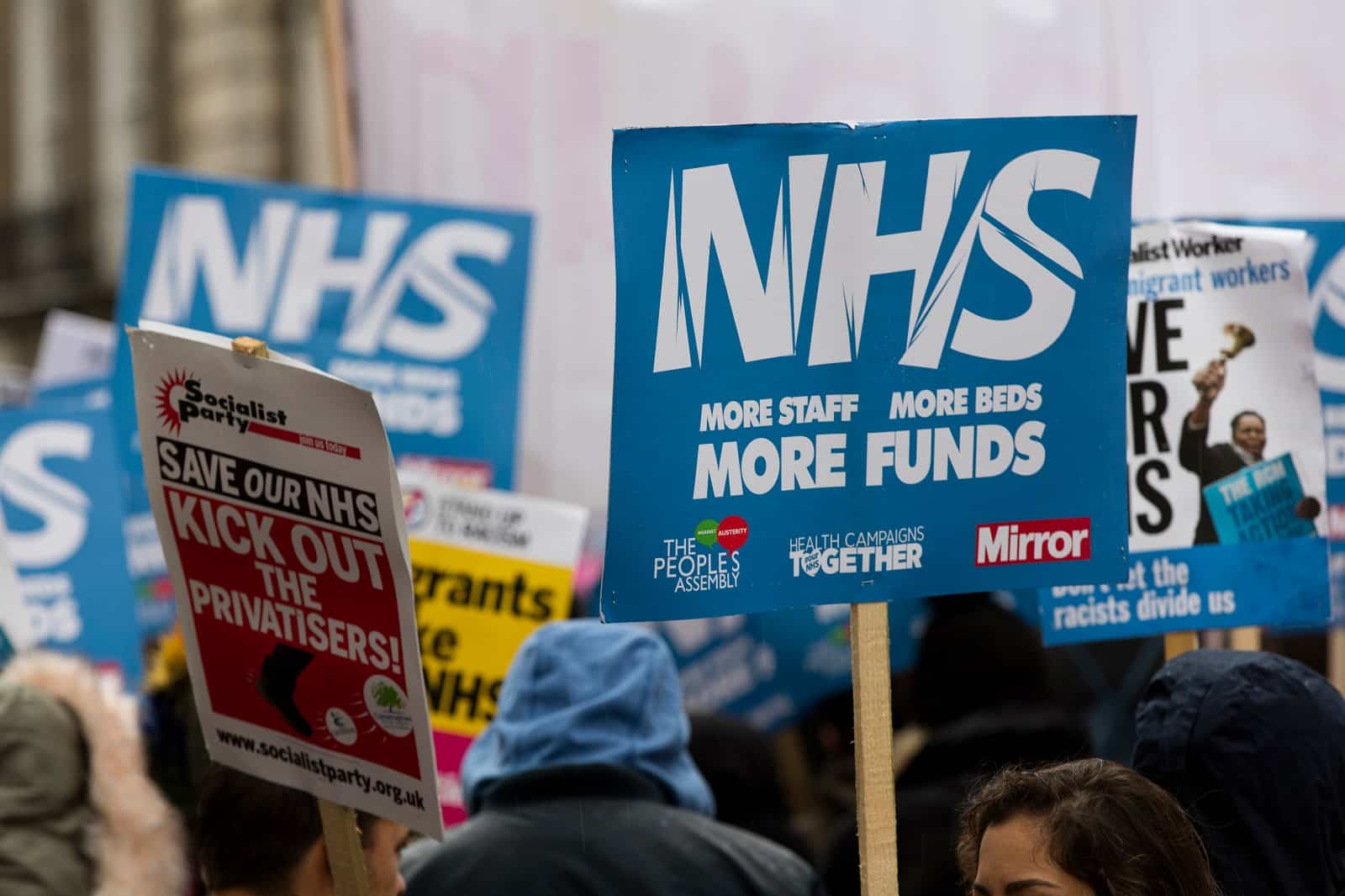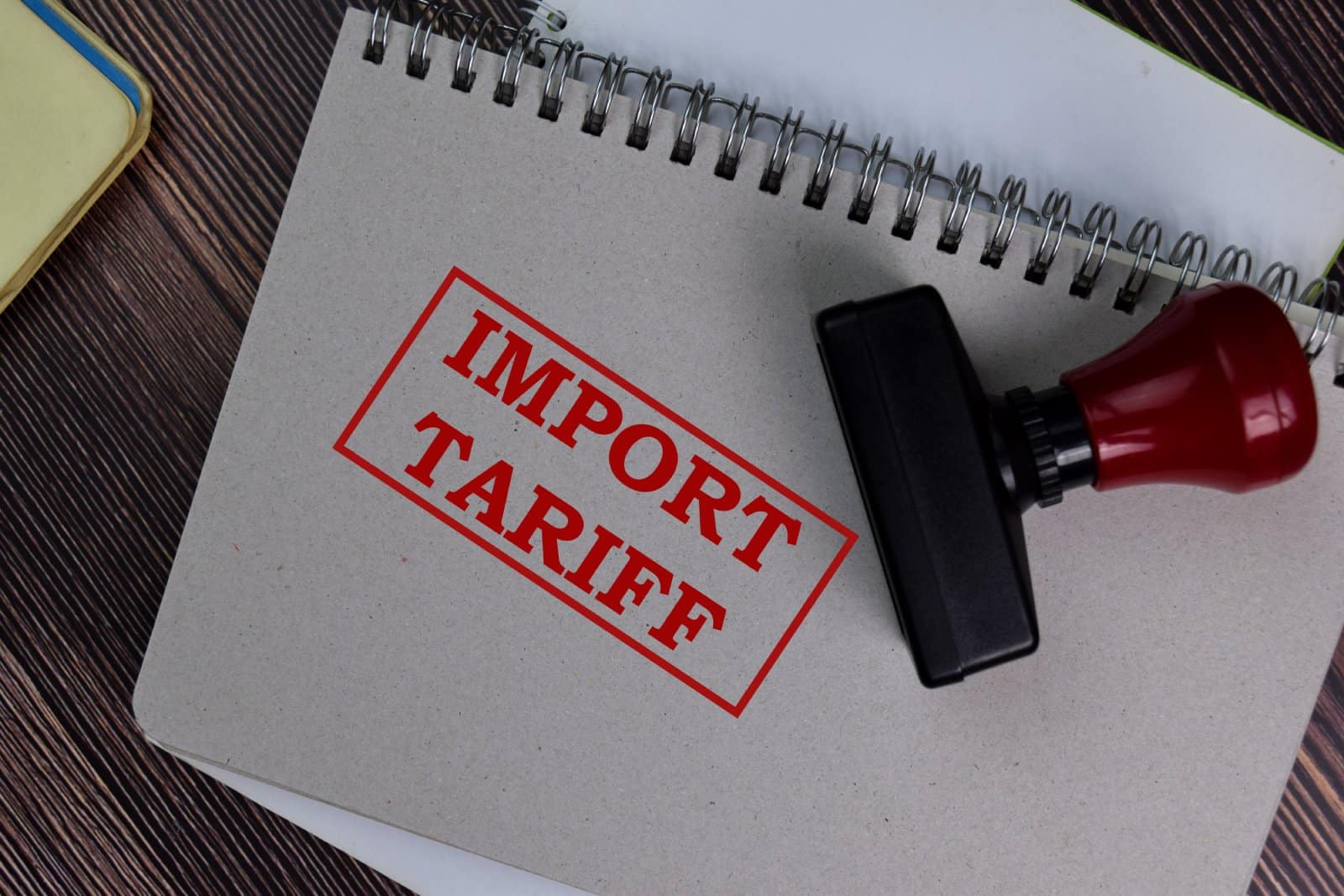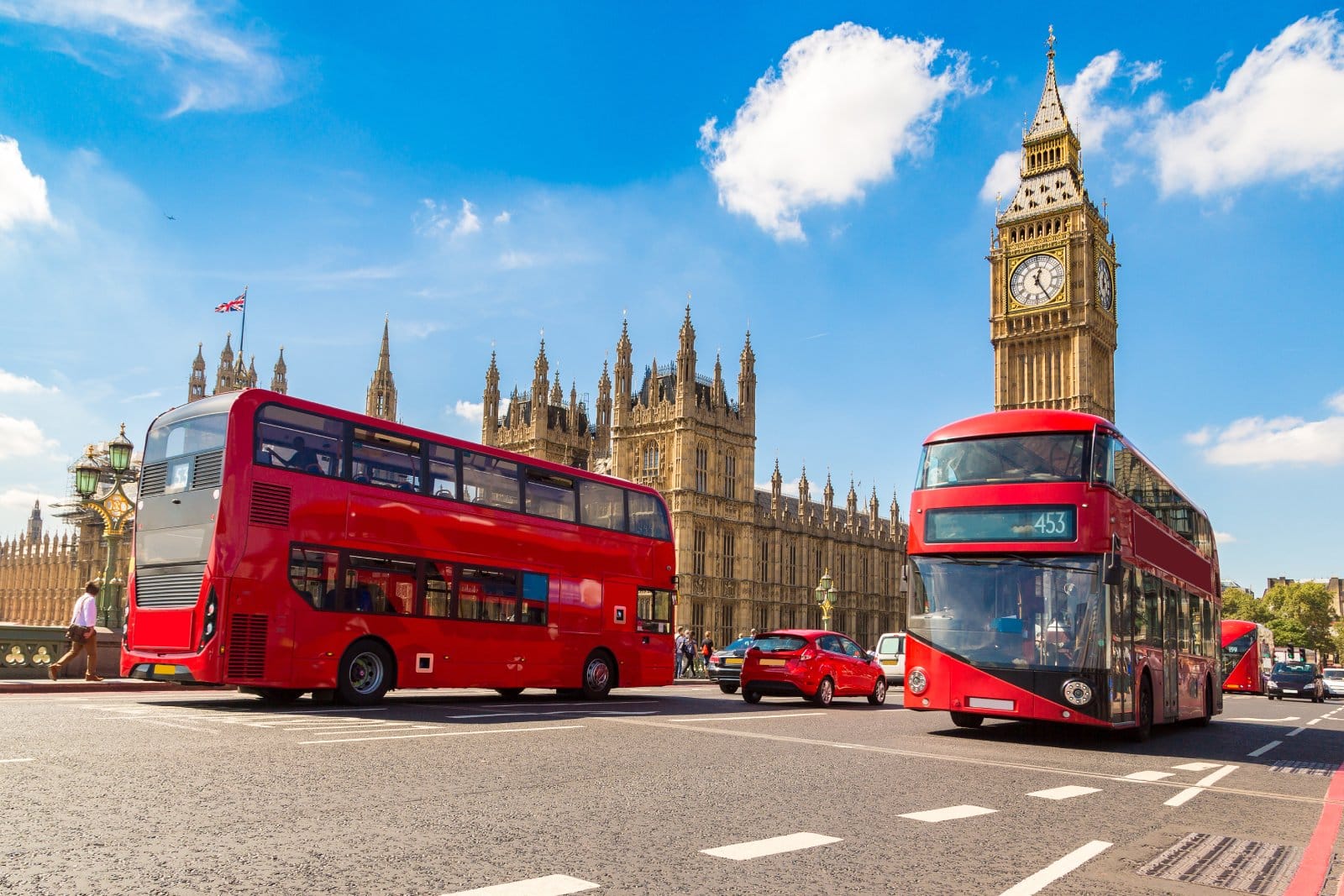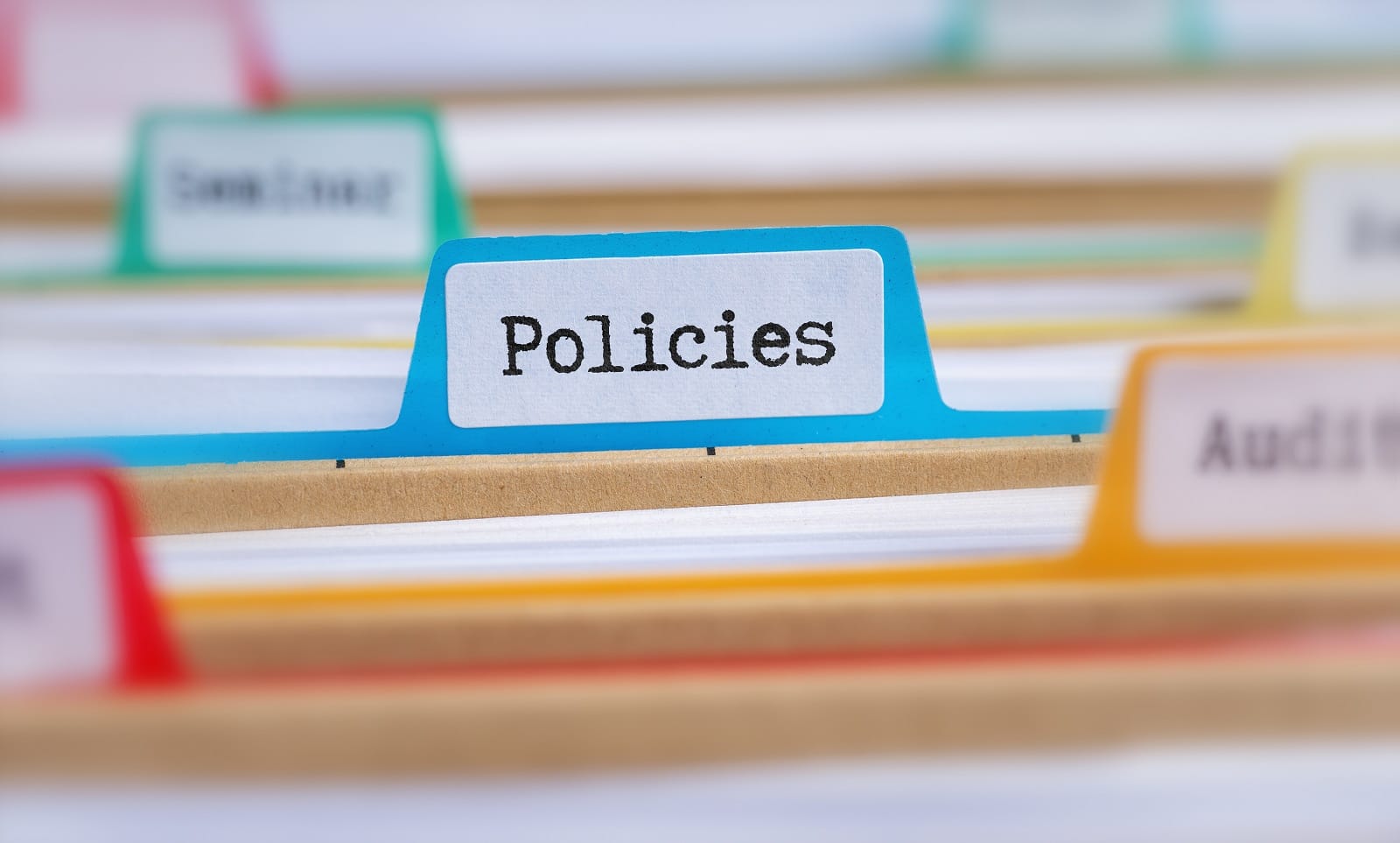Traditionally, right-wing politics in the UK has been synonymous with conservatism, focusing on maintaining traditional social structures, emphasizing national sovereignty, and advocating for free-market capitalism. However, as British society evolves, so too do the ideologies that govern it. There has been a noticeable shift in what is considered right-wing, with many policies and ideas now incorporating principles that were once solely attributed to left-wing politics.
#1. Environmental Advocacy

Increasing support for environmental protection and sustainability efforts, traditionally a left-wing domain.
#2. LGBTQ+ Rights

A growing acceptance and support for LGBTQ+ rights, including same-sex marriage, within right-wing groups.
#3. Universal Basic Income (UBI)

Some right-wing thinkers now advocate for UBI as a solution to technological unemployment and economic disparity.
#4. NHS and Healthcare Reform

A noticeable trend towards advocating for the strengthening of the NHS and healthcare access or significant reforms to existing healthcare systems.
#5. Drug Decriminalization

The decriminalization or legalization of drugs, such as cannabis, reflecting a shift towards policies formerly associated with left-wing politics.
#6. Criminal Justice Reform

Support for prison reform and a more rehabilitative approach to justice, moving away from exclusively punitive measures.
#7. Living Wage Initiatives

Endorsements from right-wing figures for implementing living wage initiatives to ensure a decent standard of living for all workers.
#8. Public Infrastructure Investment

A renewed focus on investing in public infrastructure, including transportation and utilities, recognizing the role of government in providing essential services.
#9. Educational Reform

Advocating for reforms in the education system that emphasize accessibility and affordability, including support for state education.
#10. Compassionate Immigration Policies

A shift towards more compassionate immigration policies, recognizing the need for humane treatment and the benefits of immigration.
#11. Trade Protectionism

Embracing trade policies that protect domestic industries, a departure from the free-trade dogma traditionally associated with conservative economics.
#12. Social Welfare Programs

Support for expanding or maintaining social welfare programs to assist the vulnerable, acknowledging the role of the state in social security.
#13. Renewable Energy

Support for the development and expansion of renewable energy sources, acknowledging the need for sustainable energy policies.
#14. Diplomacy Over Military Intervention

A preference for diplomacy and international cooperation over unilateral military intervention.
#15. Family Leave Policies

Endorsing policies that support family leave for new parents, recognizing the importance of work-life balance.
#16. Political Decentralization

Advocating for more local governance and political decentralization to empower communities and reduce central authority.
#17. Corporate Accountability

Calling for greater regulation and accountability of corporations, especially in terms of environmental protection and labor rights.
#18. Internet Privacy and Freedom

Supporting policies that protect internet privacy and freedom, opposing mass surveillance and censorship.
#19. Campaign Finance Reform

Recognizing the need to limit the influence of money in politics, some on the right advocate for campaign finance reform.
#20. Conservationism

Embracing conservation efforts to protect natural habitats and biodiversity, acknowledging the intrinsic value of nature.
#21. Public Transport Improvement

Advocating for improvements and investments in public transport to address climate change and improve daily commutes for the populace.
Blurred Lines

As these ideological boundaries continue to blur, it becomes increasingly important for political discourse to focus on policy effectiveness and societal impact rather than rigid adherence to traditional labels.
More Articles Like This…
Broken Britain: 12 Reasons Behind the UK’s Decline
Say the Unsayable: 10 Occasions When Farage Spoke His Mind About Britain
The post — first appeared on Edge Media.
Featured Image Credit: Shutterstock / Melinda Nagy.
For transparency, this content was partly developed with AI assistance and carefully curated by an experienced editor to be informative and ensure accuracy.
Sarah Griffin is an experienced writer known for her incisive analysis of UK politics and human rights issues. Her work blends depth and clarity, providing insightful and often satirical commentary on the contemporary political landscape

